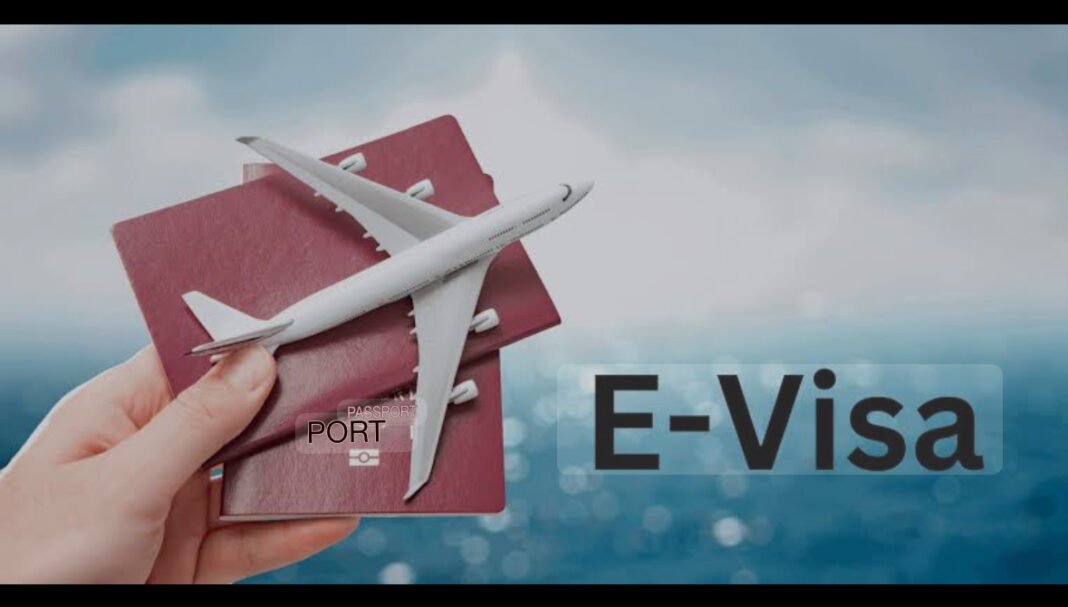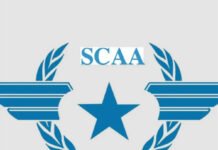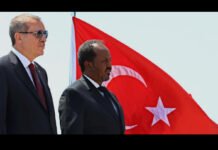HARGEISA, (HAN) — Ethiopian Airlines and FlyDubai have officially announced that they will implement Somalia’s electronic visa (eVisa) system for travelers to areas administered by Somaliland, a move that has triggered strong criticism from local opposition politicians.
Under the new arrangement, passengers traveling to Somaliland-controlled regions will be required to obtain an eVisa issued by the Federal Government of Somalia, rather than a visa under an independent system managed by Somaliland.
The decision has drawn sharp reactions from Somaliland’s political opposition, who argue that it undermines the region’s claimed autonomy and airspace management.
Eng. Faysal Ali Waraabe, a senior opposition figure, said the move demonstrates Somaliland’s subordination to Somalia’s aviation administration. “I see no reason for Somaliland to maintain a Ministry of Civil Aviation, now that our airspace has been directly placed under Wardhiigley administration in Mogadishu,” Waraabe told reporters in Hargeisa. “The president sees this, but he cannot act.”
Similarly, Mahmoud Hashi, chairman of Somaliland’s Kaah party, said he personally faced obstacles under the eVisa system while traveling on his UK passport, describing the situation as unacceptable.
Reports indicate that Ethiopian Airlines and FlyDubai requested all visas for travel to Somaliland be processed through Somalia’s eVisa platform to standardize travel procedures, as the Somali federal government now claims full control over the country’s airspace.
The Somaliland government has not yet issued an official statement on the decision. Sources close to the Ministry of Civil Aviation in Hargeisa said consultations are ongoing to assess the potential impact on domestic flights and relations with international airlines.
Meanwhile, the Federal Government of Somalia hailed the move as a “major success,” noting that it reflects the return of air travel management and national services under central government control. Somali officials said the adoption of the eVisa system is part of broader efforts to unify national administrative services.
The issue underscores ongoing tensions between Somaliland, which declared independence in 1991 but remains unrecognized internationally, and Somalia’s federal government over issues of sovereignty, airspace management, and administrative authority.




